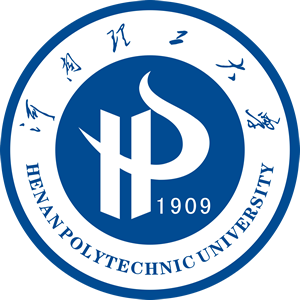
地址: 河南省焦作市高新区世纪路2001号[454000] Tel: 0391-3987069 E-mail: zkxb@hpu.edu.cn,skxb@hpu.edu.cn |

请您访问
|

社会科学版
|
| 供稿: 钱厚诚 | 时间: 2018-12-20 | 次数: |
作者:钱厚诚
作者单位:浙江理工大学马克思主义学院
摘要:哈贝马斯明确地把批判理论的规范基础问题作为重大的基本问题提出来加以论证,在《认识与兴趣》中,他试图通过认识论研究为批判理论寻找到可靠的规范基础。为此,借助于从康德哲学那里提炼出来的"兴趣"概念,他提出了兴趣框架以及相应的知识类型,并且把它们与整个社会生活领域即"劳动"与"相互作用"结合起来。哈贝马斯给出了一幅关于社会生活的认识论图景,也为批判理论争取到了存在的空间和特殊的地位。但是,由于他囿于意识哲学的范式,不能真正解决"兴趣"概念以及"解放的认识兴趣"概念的论证问题,因此哈贝马斯的认识论受到了激烈的批判,这促使他把目光开始转向交往行为理论。
基金:教育部人文社会科学研究青年基金项目(11YJC720033);浙江理工大学科研启动基金(0918857-Y);
DOI:10.16698/j.hpu(social.sciences).1673-9779.2012.04.011
分类号:B089.1
Abstract:In Habermas's opinion, the standard basis of critical theories is an important point that must be testified.He tries to prove it through Epistemology in his book Cognition and Interest.So he advances the conception of interest which originates from Kant's work.Then Habermas puts forward the interest structure and the types of knowledge.Besides, he connects the interest structure and types of knowledge with social life, namely, labor and interaction.In his Epistemological picture, Habermas provides a special and important space for critical theories.But he can not prove the conceptions of interest and emancipation interest because he follows in the philosophy of consciousness.Habermas turns to the theory of communicative action with more and more criticisms from the public.